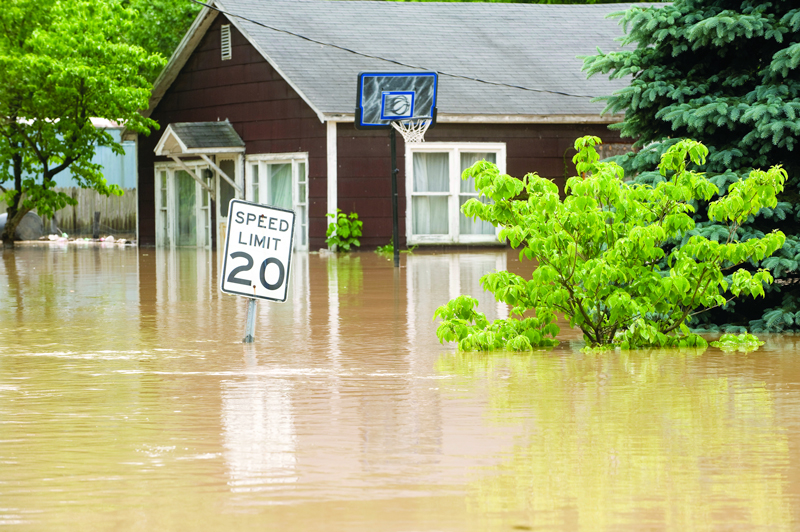
Guest blog by Mary Anne Casadei, National Security Committee Member
September is National Preparedness Month. Start planning now so you are prepared to have the best promotion of our National Security program possible.
The best defense is one that is practiced, trained, and prepared. Encourage your members to complete Community Emergency Response Training (CERT). The Federal Emergency Management Agency’s (FEMA) guide, Community Emergency Response Teams, is a guide with specific information and steps to take should you need them. Know your environment and know what disasters may befall your community, both natural and environmental. Hold training exercises in your post home to give training in emergency skills, first aid, and CPR.
Encourage the development of a disaster plan. Work with local hospitals, police, and fire departments so they can share their information. Offer to assist them if needed. Volunteer to help on the disaster drills held in your community.
Be a good neighbor. Be aware of what goes on in your neighborhood. If you have elderly nearby, help them to prepare an emergency preparedness plan and kit. Make sure their homes are well lit, offer to give them assistance in checking their fire alarm batteries and changing porch lights, and check to see if their first aid kits are updated. Many communities have programs designed to check on the elderly. One program is Are You OK? Developed to check on the elderly living alone, it is simply a matter of making a phone call daily to check to see if everything is OK. You can involve your Junior members in this program. After they make a call, they can contact a senior member and let them know how things are. Snow removal can be very difficult for the elderly. Start a snow removal program in your community. This is another great way to involve your Junior members. Set up teams and a calling committee. This is very important to their safety as well as to emergency response teams, should they be needed.
Talk with your local police departments about setting up a Volunteers in Police Service (VIPS) program. This is a program designed to allow citizens to assist the police whenever there is a need. Directing traffic at motor vehicle accidents, fires, or large events are a few ways VIPS helps out. There is extensive training, one evening a week for eight weeks, but it is well worth the time and effort.
There are many ways in which you can assist your community – you just have to find out where you fit in.
Emergency preparedness kits can be assembled at your post. Collect supplies and assemble the kits and distribute them in your community. Involve your Junior members in this program. Contact businesses in your community to see if they can help with donations. Remember your military families. They may not be familiar with your community and they would appreciate any information you can provide.
There are many ways you can promote the National Security program in your community – all you have to do is get started.
This was originally published as an eBulletin.
In the spirit of Service, Not Self, the mission of the American Legion Auxiliary is to support The American Legion and to honor the sacrifice of those who serve by enhancing the lives of our veterans, military, and their families, both at home and abroad. For God and Country, we advocate for veterans, educate our citizens, mentor youth, and promote patriotism, good citizenship, peace and security.